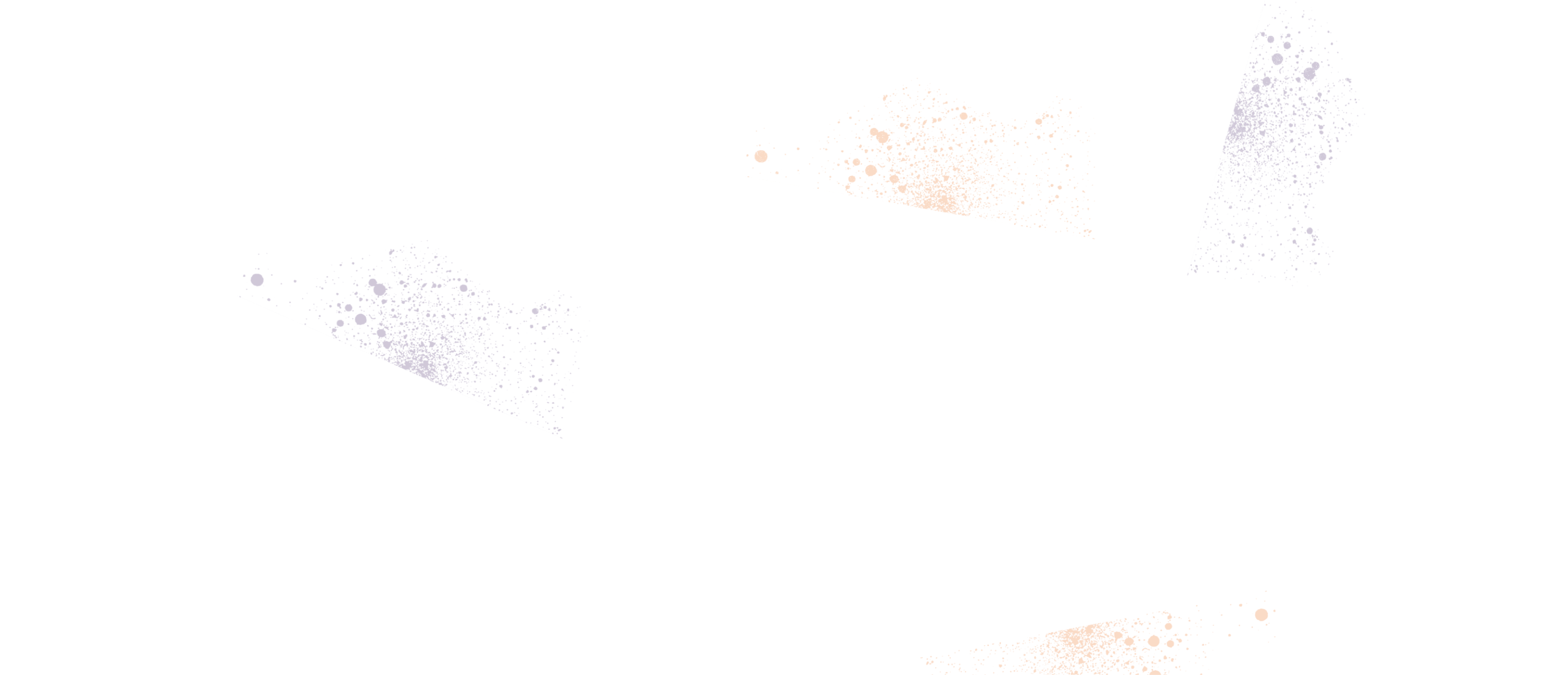Our ways of work
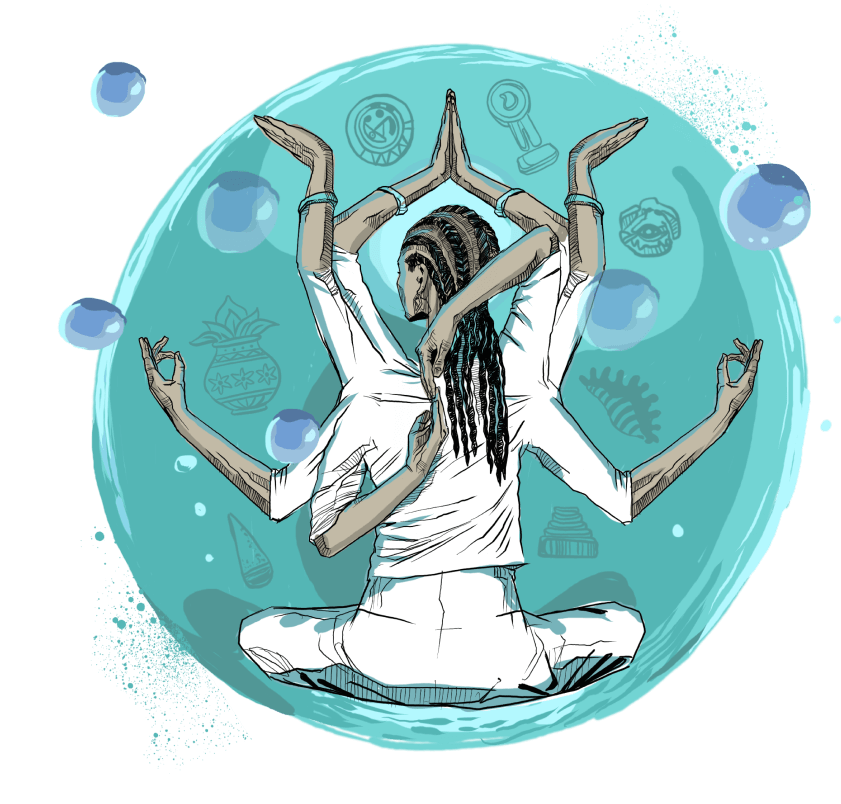
Through our ways of work, Percept challenged key assumptions about working with consultants, offering a model of genuine partnership and humility, and an orientation to real value.

Negative assumptions about mainstream consultancies
Consultancies charge exorbitant fees and then delegate work to the most junior staff.
Percept worked as a collective. Each project was assigned a mix of skills and experience, lending itself to high-quality, collaborative and transdisciplinary work, and a right allocation of time, expertise, and effort. Percept had a different charge-out structure for public, private and NGO clients.
The Percept way
Negative assumptions about mainstream consultancies
Consultancies are effectively the mouthpiece of their clients.
Percept worked to build enduring relationships with clients, through genuine partnership and collaboration, and a shared vision for a healthier, more equitable, and more resilient world.
The Percept way
Negative assumptions about mainstream consultancies
Consultants are profit-driven with cultures of overwork and overtime.
Percept shareholders did not extract profit from the firm. Instead, surpluses were reinvested back in the collective to subsidise low-charge or pro bono work.
The Percept way
Negative assumptions about mainstream consultancies
Consultants parachute in and enact change in unfamiliar contexts, with a high degree of hubris.
Percept positioned itself as a thought partner, connector, and facilitator of generative collaboration and rigorous thinking, rather than an ‘expert’. We paid close attention, listened carefully, and drew on a wide array of expertise and intelligences. Through deep partnership and repeat engagements with clients, Percept oriented towards real and sustained value.
The Percept way
Working with Percept meant that you benefitted from a collaborative team of highly-skilled professionals, with a diversity of aptitudes and experience.
Percept’s transdisciplinary skills mix included anthropology, actuarial science, behavioural change, clinical practice, communications, data science, economics, engineering, history, marketing, occupational therapy, philosophy, public health, and sociology.
This allowed us to transgress industry and disciplinary boundaries, with a rich toolbox of methods and analytical approaches at our disposal.
While being registered as a for-profit, Percept operated on not-for-profit principles. Shareholders did not extract dividends. All profits went towards cross-subsidising low-to-no-margin work (for NGOs for example).
Our proudly Global South orientation meant we were unafraid to challenge dominant norms in the development sector, and regularly drew on theory and practice from outside the Western mainstream.
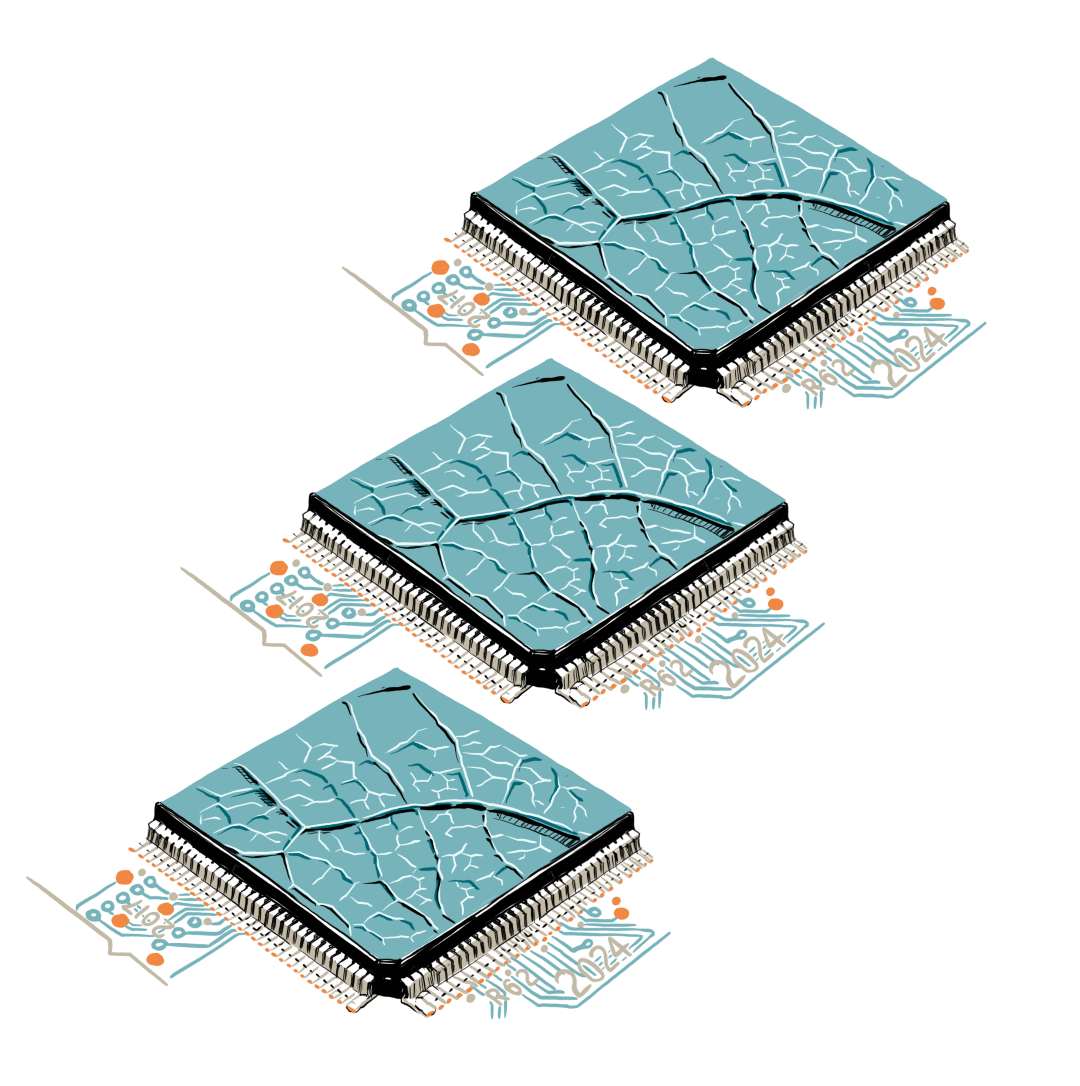
Field Guide
Our starting point was knowing that we wanted to build an organisation that produced different possibilities for our world, and that mirrored the dynamics we wanted to see in society.
At Percept we counteracted hierarchy by:
- Having a team structure that was dynamic and responsive to the work
- Shifting from titles to roles
- Distributing authority throughout the organisation
- Practising transparency
- Holding a strong collective orientation
- Affirming the value of every person and their capacity for beautiful thinking
- Affirming that each person is worthy of attention and respect
- Practising collaboration and amplifying multiplicity
Working at Percept
Percept’s values came to life in our ways of working. Through our collective practices and processes, we endeavoured to enliven and continuously recommit to our values. This kept Percept’s culture alive and responsive: values animate culture and vice versa. By routinely practising, stumbling, and re-orienting in our values, the values became vehicles for collective discovery and belonging, rather than brittle marketing tools.
Everyday courage: recognising our multiplicities as an example
The Percept founding team all had experiences with part-time work and multiple commitments: whether this was to do with parenting, ongoing learning or work of different forms, or with multiple organisations. None of the first four people who worked at Percept committed 100% of their time to the organisation, seeding a deep willingness to engage with multiplicity and a belief that a reduced time commitment does not necessarily imply a less-than-wholehearted commitment to Percept.
This informed a culture for being able to blend and balance these multiplicities and we had played around with the optimal part-time ratio and trade-offs since then. With time it became clearer that someone employed for less than 50% of their time was tricky, because we valued having everyone in the collective spaces which required a time commitment. These collective spaces included weekly participatory webinars (called Collaborate and Listen), collaborative thinking spaces (drawing on Nancy Kline’s Thinking Environment) and group mindfulness practices. We worked with 50% as the lowest threshold for time commitment to Percept to ensure that everyone could participate fully in delivering on Percept’s vision and mission, AND in the culture.
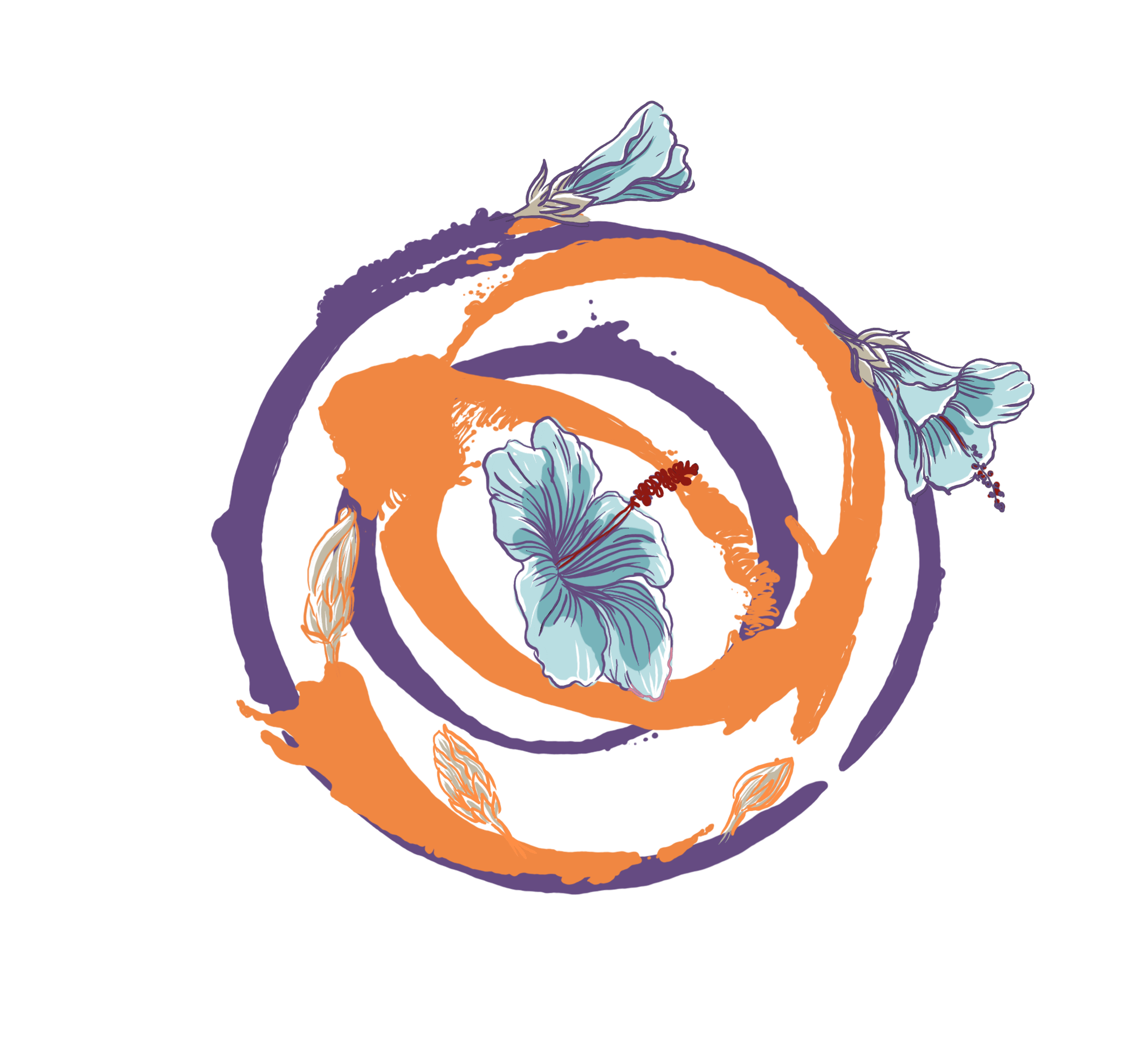
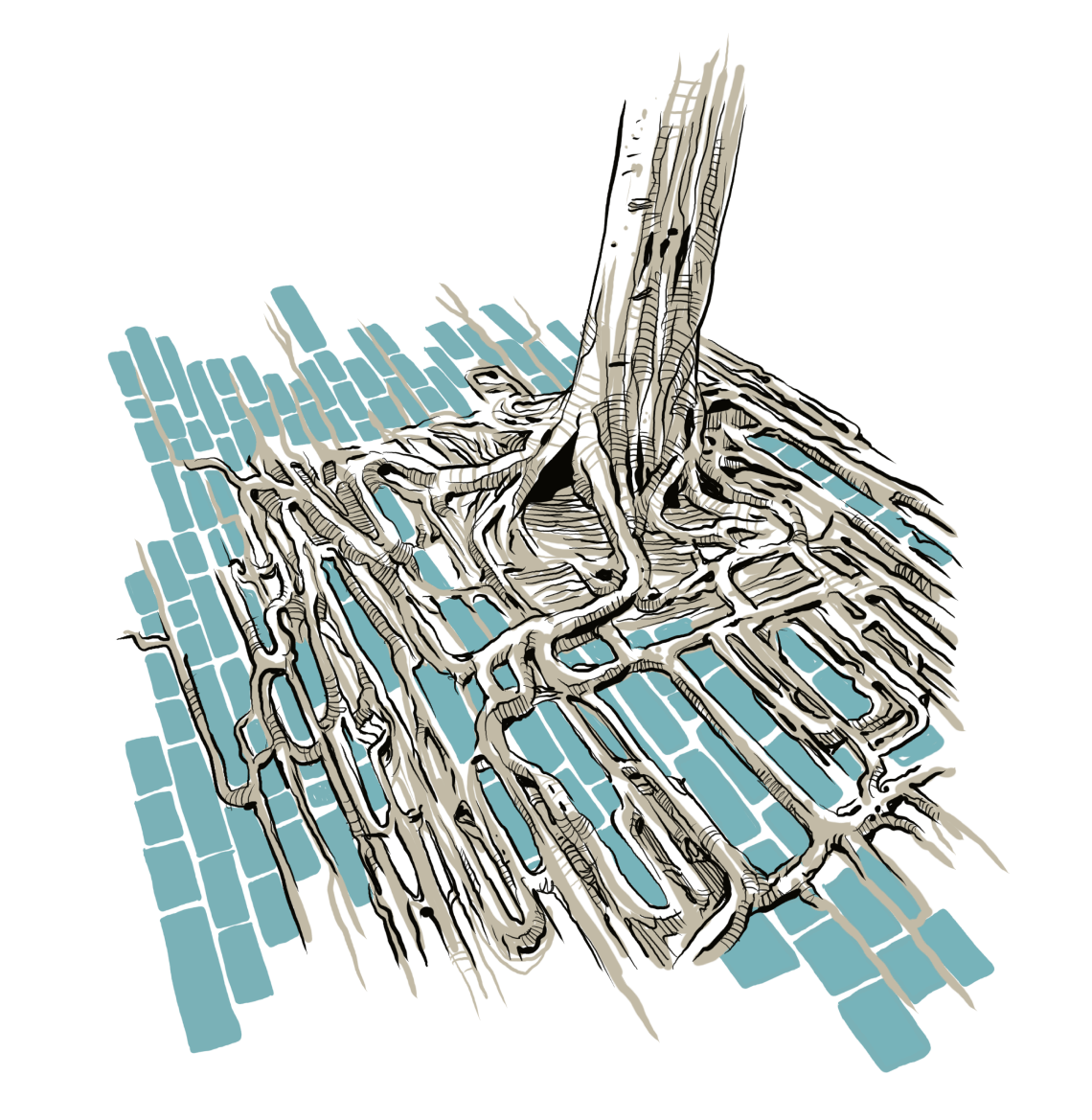
Right effort: our leads survey process as an example
Shifting our thinking away from unlimited growth in service of intentionality had introduced discipline around choices, priorities, and trade-offs. How could we best direct limited resources, limited attention, and limited energy? How did we want to work in service of our vision?
One of the ways in which we did this was by pausing to assess every opportunity that came our way – allowing us to cultivate a portfolio of work that reflected the diverse ways in which impact occurs in the world.
We had a short survey that we sent out to the team when a new opportunity presented itself. The questions we asked were ways of cross-checking against our values – we asked whether we would learn something, whether we would build a relationship worth building, whether it would contribute to our vision, whether we would have fun, whether there were any ethical red flags, and whether it was suited to teamwork and collaboration.
The responses to the survey did not just guide whether we said yes or no, but also guided us on whether we needed to renegotiate an aspect of the opportunity and on whether there were areas of disagreement or non-alignment in the team. We embraced these moments as opportunities to get clearer with each other.
Transdisciplinary collaboration: our weekly workflow meetings as an example
We used our weekly workflow meetings to practise the behaviours that supported a connected, safe, and anti-hierarchical culture. We ran the meeting in rounds, so that everyone had a protected and predictable chance to speak. The practice of listening with full presence and with the willingness to be changed by what we hear, to every person, was a way of embodying our belief in the worthiness of every single person.
Our original structure for the meeting came from Pink! She has a game she plays with her family called BDG: Brag, Gratitude, Desire. We had since adapted our rounds to include Brag, Gratitude, Agreements, and Surfacing. The Brag round encouraged people to pause and notice the beautiful work that had been accomplished – it is so easy to only see what remains to be done. The Gratitude round facilitated the expression of appreciation. We practised expressing appreciation that is succinct, specific, and sincere. The round on Impeccable Agreements provided an opportunity to air agreements that were at risk of being broken, had been broken or needed to be renegotiated. Lastly, the Surfacing round was where we allowed for the possibility of asking for help, signalling pressures outside of work, communicating upcoming leave or raising work-related amber or red flags.


Generative curiosity: our feedforward process as an example
“What if we treasured accountability and repair as a means of navigating conflict in our relationships?”
The blame and shame associated with making mistakes stands in the way of being oriented to learning. Curiosity exists at the other end of the energy spectrum of shame. It is not easy to build a culture that does not blame and shame, and where people remain deeply accountable to each other.
It requires rigorous commitment to giving each other feedback in a way that supports moving forward: feedforward, and to the processes of making impeccable agreements, renegotiating agreements, and repairing broken agreements.
Jim Dethmer provides this definition of feedback: “Everything that is happening in your world. Everything. Feedback includes the non-verbal expressions of people around you, losing a client, getting promoted, being late, your body sensations and feeling states. In short, all the results and occurrences of your life are feedback.”
Percept’s feedforward process combined a number of components to ensure a balance of listening and talking, a balance of positive feedback and learning-oriented feedback and a balance of power dynamics:
- Permission and agreement: there was agreement to enter into a feedforward conversation.
- The person who’s learning was being supported, having the last say.
- The use of Time-To-Think practices to ensure that there was generative listening, the willingness to be changed by what was heard, compassionate curiosity and presence with each other. This required paying attention to the environment, structured equality of airtime and invitational questions.
Closing with mutual masterful appreciation, which is clear, specific, inarguable and succinct.
Reflections at sunset
Reflections from our partners
Reflections from our people
Stories at sunset
“Stories at sunset” is a series of conversations with Percept’s people, recorded during the period of the organisation’s intentional sunset. A sunset is an in-between state, at the edges of day and night, before a new dawn. It offers us an opportunity to appreciate, and reflect on, the wisdom of the ‘in-between’, which has always been at the heart of Percept’s work: what might we discover in the wild, unbounded territories between disciplines, between ecology and economy, between social dis-ease and biological disease, between industry silos? What new futures might emerge from the cracks of these in-between spaces? How might the end of this cycle provide nourishment for the next?
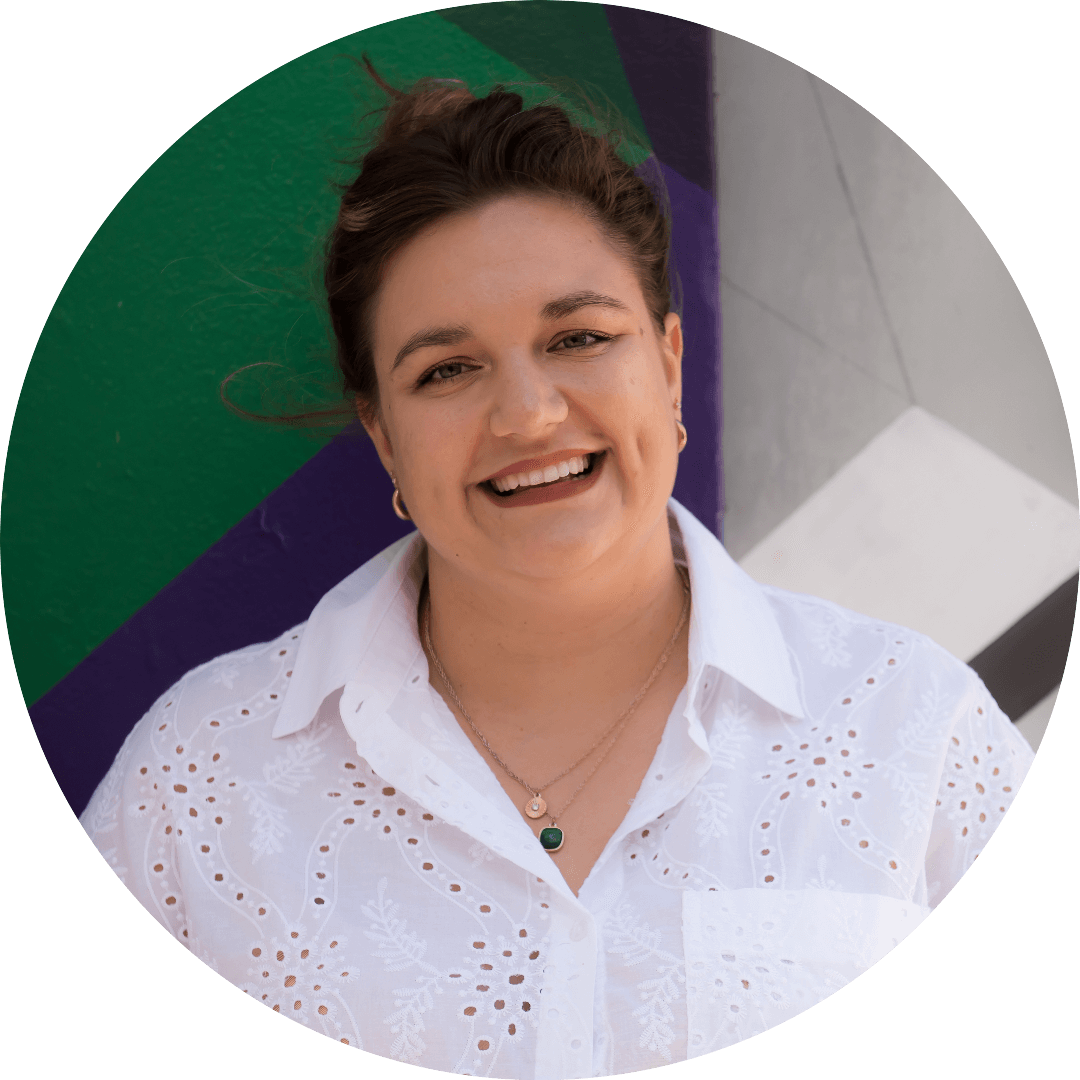
Antonia Roth
Antonia cares about the way people experience care and combines the actuarial data and risk lens with public health understanding to shape these experiences.
Antonia Roth
an-TOH-nee-uh roth | She/her
Antonia holds an honours level degree in Actuarial Science. She developed her communication skills through her time working in higher education and sees herself as a translator between disciplines. Flexing broadly across disciplines excites her but she wishes to continue diving deeply into her passion for people and care.
One book/poem/film/piece of music that has changed me and why:
The movie, About Time, taught me that slowing down and recognising the world around you is a choice you have to make for yourself.
What Percept means to me:
Percept means showing up as a whole being, and recognising others as such in the work you do.
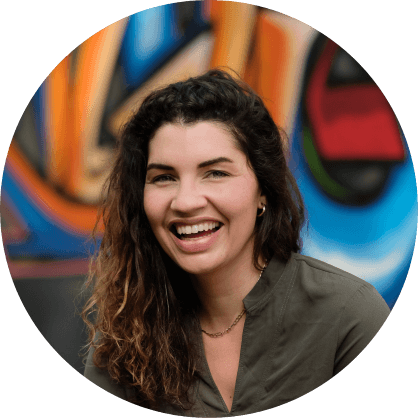
Beth Vale
Beth is an applied anthropologist and storyteller, working at the intersections of society and the body towards more just ecologies of care.
Beth Vale
Beh-TH VAYL | She/her
Her research and consulting portfolio spans chronic illness, social equity, the politics of care work, early childhood development, youth programming and the ties between our epidemiological and ecological futures. Beth also loves to experiment with genre, telling stories through narrative non-fiction, poetry, academic journals, memoir, speculative fiction, policy-writing and digital collage.
One book/poem/film/piece of music that has changed me and why:
Cameron Awkward-Rich: Cento Between the Ending and the End. I have been returning to this poem constantly over the past six-months and each time it pulls on some different thread in my own life and all of our shared lives.
What Percept means to me:
Percept cultivates the agility and responsiveness to stay with what an ever-changing world asks of us.
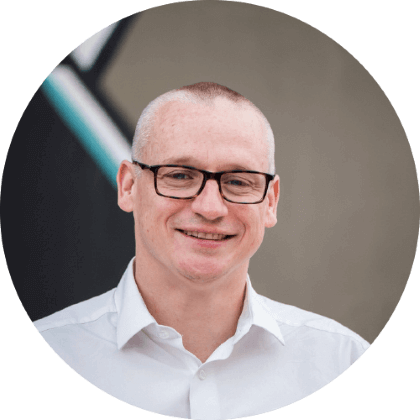
Dave Strugnell
Dave is a steward, weaving together the generative power of words, the illumination of data and the astute quantification of value.
Dave Strugnell
Dayv Strug-nil | He/him
Dave is an actuary by background, a problem-solver by nature, and a transdisciplinarian by inclination. He’s a big believer in harnessing technology for good and in the power of collaboration, innovation and smart analysis to make the world a better place, and recognises the urgency and zeal with which humanity needs to apply that smart innovation in wholehearted collaboration to address the huge existential crises facing it and the planet on which it depends in the twenty-first century.
One book/poem/film/piece of music that has changed me and why:
So many contenders! But probably Mary Oliver's line, “What is it you plan to do with your one wild and precious life?” That question holds everything.
What Percept means to me:
Collaboration across disciplinary boundaries to tackle the thorniest problems - Percept offers what the world needs.
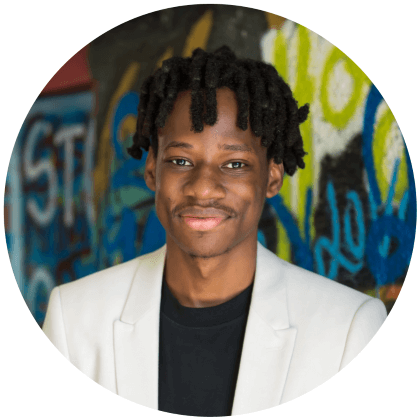
Eugine Mataramvura
Eugine is an actuarial analyst, skilled in SQL, Python, Excel, RStudio, and Java, applying advanced analytics to enhance risk management and marketing strategies.
Eugine Mataramvura
YOO-jeen MA-tahr-am-VOOR-ah | He/him
With a solid foundation in Actuarial Science from the University of Cape Town, Eugine blends rigorous academic training with practical experience in data analysis and statistical modelling. His work focuses on harnessing data to predict climate impacts and optimise digital marketing, contributing to sustainable and profitable business practices. Committed to bridging the gap between theory and application, he strives to empower organisations to navigate complex challenges through data-driven insights.
One book/poem/film/piece of music that has changed me and why:
Interstellar blew my mind! It wasn't just about the cool space scenes or the science stuff, which was fascinating on its own, but how it made me feel about life's big questions. Watching Cooper try to save humanity, all while grappling with his own family drama, really got me thinking about time, love, and our tiny place in the universe. It's like, one minute you're worried about your day-to-day stuff, and the next, you're pondering black holes and the fifth dimension. That movie turned my brain inside out - in a good way.
What Percept means to me:
Percept feels like stepping into a world where every voice adds its own splash of colour, creating a masterpiece of ideas and solutions. It's a place where the magic happens not just because of what we do, but because of who we are together - diverse minds crafting the future. Here, each person's unique perspective is a crucial piece of the puzzle, bringing a different angle or a new twist to tackle challenges. It's like being part of a dream team where creativity meets data, and every project is a chance to learn something new. To me, Percept is not just a workplace; it’s a playground of innovation where every day is an adventure.

Jodi Wishnia
Jodi has deep public health expertise with a strong strategic lens.
Jodi Wishnia
Jo-dee Wish-nee-ah | She/her
Jodi is a public health specialist who is passionate about health financing and health systems within South Africa. She has worked extensively with the South African Departments of Health and Treasury and has in-depth knowledge of the South African public health system.
One book/poem/film/piece of music that has changed me and why:
And the Band Played On: Politics, People, and the AIDS Epidemic, by Randy Shilts. This book ignited my love for all things public health.
What Percept means to me:
Percept has been a safe place for me to flourish. I chose to stay a close advisor because of its impact on the world.
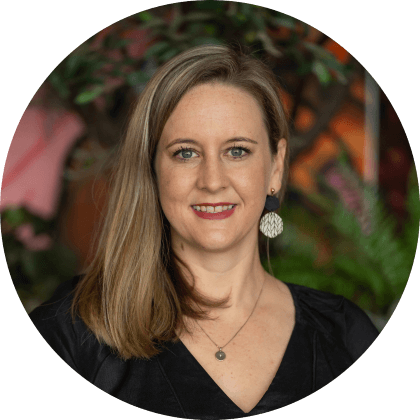
Michelle Flowers
Michelle has a background as an occupational therapist, which is the cornerstone of her public health consulting career.
Michelle Flowers
mi-SHELL flau-uhz | She/her
Michelle has 12+ years of experience working with children with disabilities, their caregivers and health professionals in rural and resource-constrained settings. It is through this experience that she views the health system and is passionate about creating inclusive health systems and reimagining the sector in a way that empowers users, solves problems and reinvigorates providers to achieve better outcomes for all.
One book/poem/film/piece of music that has changed me and why:
The podcast, Fight Hustle, End Hurry, by John Mark Comer and Jefferson Bethke because it taught me how to meaningfully manage how I spend my time in a way that is true to my beliefs.
What Percept means to me:
Percept is home: a place where I am able to wholeheartedly contribute to a collective that has my back and somehow manages to facilitate individual growth in the kindest way whilst also doing work that contributes to making the world a "healthier, more resilient" place.
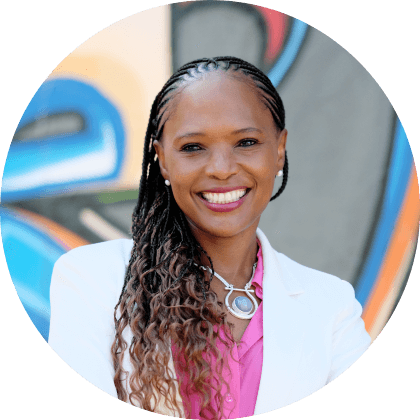
Ndileka Mbete
Ndileka is a thoughtful healthcare professional passionate about improving access to quality and affordable patient-centric healthcare, through innovative delivery and funding models.
Ndileka Mbete
Ndee-le-ka mb-eh-t-eh | She/her
Through her 20+ year career, Ndileka has gained diverse experience through interfacing with most of the key players in the healthcare system: patients, providers in public and private across primary care and acute hospital care, regulators and funders of healthcare services. She is passionate about creating a healthcare system which is centred on and is responsive to the needs of patients.
One book/poem/film/piece of music that has changed me and why:
Still I Rise, by Maya Angelou. It has always served as a powerful reminder that one can define themselves beyond their circumstances, history or other people's definitions of them.
What Percept means to me:
An organisation with a massive heart which cares deeply about its people and making meaningful social impact.
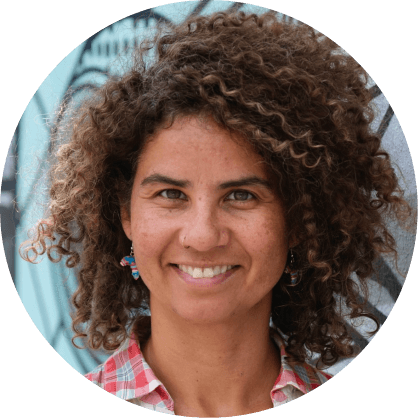
Nicole M. Daniels
Maternity and childbirth light Nicole up. Born from her own lived experiences, gender, race, and reproductive justice are foundational lenses she uses to make sense of the world.
Nicole M. Daniels
n-ih-kOHl d-AE-n-y-uh-l-z | She/her
With a doctorate in Medical Sociology, and a research associateship at the Adolescent Accelerators Research Hub, University of Cape Town, Nicole seeks to bring the rigour of her qualitative training to complex, real-world situations. Motivated by a deep love for our earth and its more-than-human worlds, she is attuned to issues of care, kinship, and affect in the governing relations of our time. Her approach is threaded through with passion for life’s interconnectedness nature, the capability of her body and curiosity of her mind.
One book/poem/film/piece of music that has changed me and why:
One The Movie, or, We Are All One, by Circle of Bliss Productions changed my life as it introduced me to Sufi sheikh, Llewellyn Vaughan-Lee.
What Percept means to me:
The invitation to Perceptors to bring the wholeness of themselves to the questions Percept sits with, and the holistic ways of working it promotes, makes space for me and others to weave the multiple threads of our lives into a single, unified tapestry.
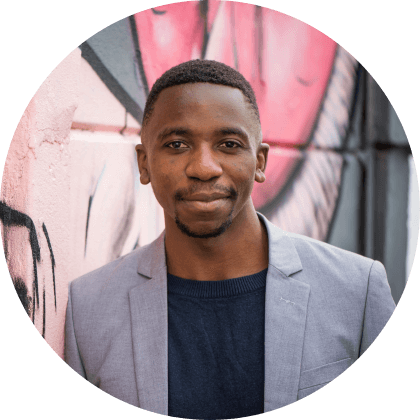
Panashe Delvin Gundani
Panashe has a background in computer science and is able to transfuse his love of movement and nature with his dedication in growing his capacity to design and build software.
Panashe Delvin Gundani
Puh-nah-sh-e Del-vin Goo-nda-ni | He/him
Panashe has always had a deep passion for seeing the big picture, while still being grounded by detail. Specialising in computer science and software development has allowed him to develop an eye for detail and clarity, while his roles in mentorship, and cultural development give life to a greater sense of connection to others.
One book/poem/film/piece of music that has changed me and why:
War and Peace, by Leo Tolstoy. A book that I have meditated on for over five years, it helped me think around a host of experiences we must have in a good life; from meaningful relationships, engaging work, and an appreciation of the setting we find ourselves in.
What Percept means to me:
In a word, connection. At Percept, I feel an immense connection with the people I work with and the work we do. I can say that our efforts result in a collective good. That's something I am very proud to be a part of.
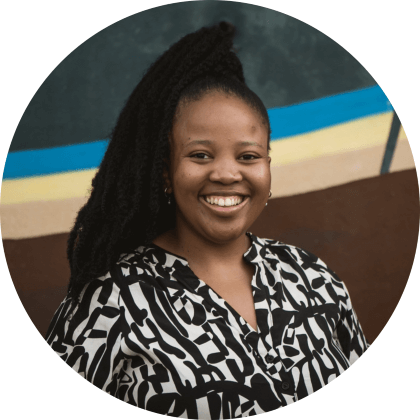
Precious Bikitsha
Drawing from a diverse academic background in history, social anthropology, and economic history, coupled with a relentless curiosity and commitment to uncovering hidden histories, Precious brought passion for understanding people and simplifying complex ideas to Percept.
Precious Bikitsha
Preh-shuhs Bee-kee-tsha | She/her
Precious has a broad spectrum of academic interests extending to design thinking and global health, she possesses a relentless curiosity about the world. Precious completed her master’s degree, holding a Bachelor of Arts Honours in History and a Bachelor of Social Sciences with majors in Social Anthropology and Economic History.
Precious has explored the intellectual contributions of Nontsizi Mgqwetho in her master’s dissertation, showcasing her dedication to uncovering hidden histories. Beyond academia, she has contributed as a researcher, translator, guest lecturer, and facilitator, reflecting her versatility and commitment to knowledge dissemination.
Driven by a passion for understanding people and simplifying complex ideas, Precious thrives on tackling diverse challenges.One book/poem/film/piece of music that has changed me and why:
Homegoing, by Yaa Gyasi, is such an incredible story that spans centuries, continents, and generations, serving as a powerful testament to the enduring impact of history on individuals and societies, while also offering a profound exploration of identity, resilience, and the interconnectedness of humanity.
What Percept means to me:
Percept is more than a workplace; it's a vibrant collective of shared values, growth opportunities, and genuine connections, where each person is empowered to make a meaningful impact and thrive personally and professionally.
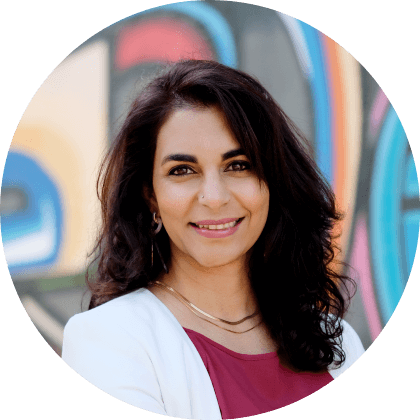
Shehnaz Munshi
With a background as an occupational therapist and academic turned public health practitioner, Shehnaz brought a wealth of experience in critiquing and reshaping health systems through a lens of health equity, critical consciousness and decolonial praxis to Percept.
Shehnaz Munshi
SHeH-NAz Muun-shee | She/her
As an Atlantic Fellow for Health Equity and former co-director of the Tekano Fellowship, and Emerging Voice for Global Health, Shehnaz has demonstrated her commitment to driving systemic change in equity initiatives. She co-founded Africa Health Futures, a collective dedicated to reimagining health systems using transformative, feminist approaches, showcasing her dedication to innovative and inclusive solutions. With a research focus spanning primary healthcare, Universal Health Coverage (UHC), and gender-based violence interventions across diverse contexts including Cuba, New Zealand, India and South Africa, she brings a transnational perspective to her work, which enriched Percept’s global impact.
One book/poem/film/piece of music that has changed me and why:
Nervous Conditions, by Tsitsi Dangarembga, profoundly shifted my perspective, immersing me in the complexities of identity, colonialism, and gender dynamics in post-colonial Zimbabwe. Through the eyes of Tambudzai, the protagonist, I journeyed with Tambudzai in her struggle for autonomy amidst societal expectations, unveiling the intricacies of cultural clashes and personal aspirations. Dangarembga's poignant narrative not only broadened my understanding of intersectionality but also strengthened my commitment to advocating for equity, social justice, reconciliation, and healing.
What Percept means to me:
Percept feels like a homecoming, as it aligns with my passion for equity-oriented soul work, fostering healing and the journey towards becoming one's best self.

Shivani Ranchod
Shivani's work has been to build new templates for doing things - most particularly in order to rebuild systems of care and institutions (whether academic, spiritual or commercial) that were architected to be oppressive and that no longer serve us.
Shivani Ranchod
SHiy-Vaa-Niy Ran-CHod | She/her
Shivani is innately transdisciplinary and collaborative, which has allowed her to weave together a wide range of skills, from actuarial science to meditation, and to engage with diverse organisations, from community-based to global, and from commercial to academic. She is able to listen deeply, to draw on multiple evidences and intelligences, and to bring courage and clarity to forging new paths.
One book/poem/film/piece of music that has changed me and why:
The poem I visit most often is, The Properties of Light, by Eric Gamalinda, because of this reminder: “there is no other way to live than this, still, and grateful, and full of longing.”
What Percept means to me:
Percept is the birthplace of an evolving template for a new way of work that is both kind and fierce.

Suhavna Khalawan
Suhavna is an actuary by background and a passionate problem solver by heart, using her curiosity and diversity of experience to find innovative mutually beneficial solutions to pressing problems.
Suhavna Khalawan
Sue-HArv-na KH-ull-UH-wh-UN | She/her
With over a decade of actuarial experience in financing and delivery of care and protection across a diverse array of Global South regions, Suhavna brought a wealth of expertise to Percept. At Percept, she led diverse projects ranging from Human Resources for Health (HRH) projections, hospital analytics endeavours, and research within the medico-legal space. Her personal ethos, “Lokah Samastah Sukhino Bhavantu”, embodies principles of kindness to all beings, equality, and fostering positive outcomes for everyone, and reflects her values in both personal and professional spheres.
One book/poem/film/piece of music that has changed me and why:
Four Thousand Weeks: Time Management for Mortals, by Oliver Burkeman offers a multitude of lessons that resonates deeply and which I return to often, guiding me to acknowledge my humanity within the fabricated construct of time in the working world, and prompting me to carve out space to prioritise what truly matters to me.
What Percept means to me:
It is a joy to work in a collective of like-hearted, like-minded folk within an intellectual mind hive producing the most elegant and fit-for-purpose transdisciplinary solutions to complex problems that can never be solved by one discipline alone.

Tahmeed Omar
Tahmeed is an integrated marketing communicator with a passion for words and visuals coming together to form an impactful narrative.
Tahmeed Omar
TuH-MEED Oh-MAR | She/her
Tahmeed has a background in business strategy and advertising with a bachelor’s degree that she was awarded with honours abroad. She has been the project lead and client liaison for several pieces of work, and for a range of clients, both overseas and in South Africa. Her work is strongly influenced by her multicultural background. She thrives on working on a variety of tasks and projects, and has been involved in various aspects in her field ranging from strategy and concept development, to copy and design content for digital and print, to dissemination.
One book/poem/film/piece of music that has changed me and why:
Swan Lake classical composition by Tchaikovsky - there is something about this piece of music that transports me to another world - a simple time where it's just me and the music, and nothing else.
What Percept means to me:
Percept is love and deep appreciation - in all forms; love and deep appreciation for one another, for the work we do, for the people we do the work for, for the planet we reside on and contribute to everyday.
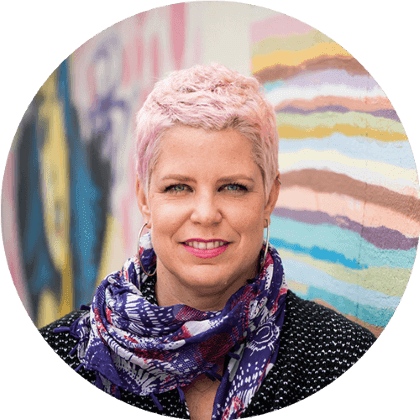
Ursula Torr
Ursula is an actuary, and spent two decades in risk protection, investments, and reinsurance - in all three fields working in both a marketing as well as a more technical capacity.
Ursula Torr
UR-suh-luh TAW | She/her
Ursula’s career in the financial and health sectors spans entrepreneurial as well as executive leadership in industry. Teams value her for translating deep moral convictions into practical solutions that are commercially viable.
One book/poem/film/piece of music that has changed me and why:
Ursula K. Le Guin's Earthsea series - a grippingly written, timeless parable of the ethical and proper use of power and privilege, set in a fantasy landscape, with incredibly drawn characters exhibiting aspirational more-than-human traits.
What Percept means to me:
She is passionate about making a difference in South Africa, about finding the balance between celebrating individuality and acknowledging community and using understanding, data, heart, analysis, collaboration, and perception to build financial solutions that truly work for every man.
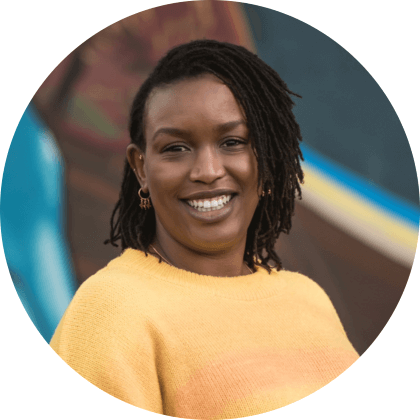
Yvonne Karanja
Yvonne is responsible for leading projects and utilising research evidence to develop relationships, networks, and linkages integral to designing innovative solutions to clients’ needs.
Yvonne Karanja
Ee-von kuh-RAHN-juh | She/her
Yvonne has 3+ years of experience as a consultant, and 7+ years of experience in academic research that have equipped her with an understanding of knowledge synthesis, project management, and systematic thinking. Her work crosses several sectors such as public health, Early Childhood Development (ECD) and nutrition, green energy, youth employment, and engineering education in Kenya and South Africa. Yvonne wants to use her skills to design inclusive and sustainable solutions that have lasting positive impacts on communities.
One book/poem/film/piece of music that has changed me and why:
Forgiving What You Can't Forget, by Lysa TerKeurst, has shown me how to enjoy a lighter and joy-filled life.
What Percept means to me:
Percept has provided a space where I am part of meaningful and impactful work that has a ripple effect on communities, while equipping me with tools and skills that I apply outside of my professional life.
Collective writing reflections
We asked Perceptors to reflect on their time at Percept, and here is a summary of their responses.
What was it like arriving at Percept?
What has working at Percept meant to you?
What will live on in you as your inheritance from Percept?
What has Percept taught you?
What lines, if any, would you add to the Percept manifesto?
